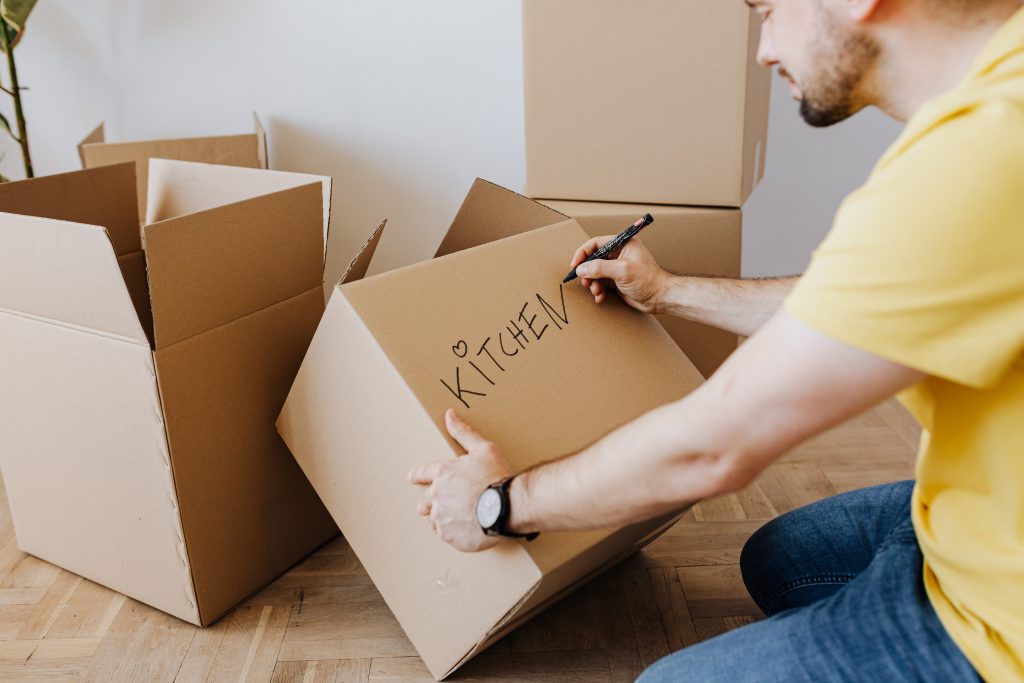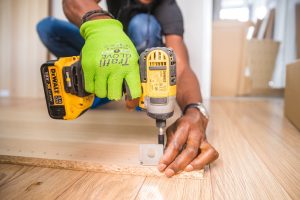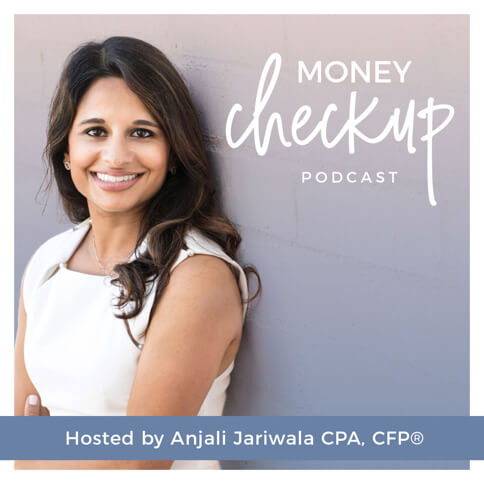For many professionals, homeownership is seen as the norm. But while homeownership has some key financial benefits, like building equity, it isn’t right for everyone during every stage of life. Renting offers much more flexibility and can, at times, be a better fit.
Currently, the housing market is very competitive almost everywhere in the country. If you’re thinking of selling your home or struggling to buy one, it may be helpful to prepare for the possibility of renting for at least a short period.
Buying a Home: Building Equity in a Competitive Market
Homeownership is desirable for many reasons, and it can feel very exciting after renting for a while. You can paint the walls, update the landscaping, and upgrade the appliances whenever and however you want to. If you have a traditional fixed-rate mortgage, you know exactly what your payment will be each month for decades to come. When you’re ready to move, you can do so on your own terms.
But homeownership isn’t easy. Saving up for a down payment can take years. Finding a home and securing a loan can be time-consuming and expensive. If you earn income as a 1099 independent contractor or K-1, then you may go through extra hurdles during the underwriting process. If you are planning to put less than 20% down then you may be required to pay mortgage insurance in addition to your principal and interest payments. From the time you begin searching to the day you move in, months can pass.
When you are budgeting for a home, make sure to consider all expenses, including property taxes, HOAs, and Mello Roos. Your property tax may be set with small increases every year, like in California, or may get reassessed every 3 years, like in Illinois. Also, once you settle into a home, you become responsible for every inch of it. Home repairs can be time-consuming and expensive, and as your personal or family needs change, you may want to make changes or additions to the house.
Despite those day-to-day frustrations, many of the people who advocate for homeownership emphasize the importance of building equity. Equity is the amount of money you would earn if you sold your house today, after paying off the rest of your mortgage.
As you pay down your principal over time, you build equity. Historically, real estate has increased in value steadily over time. The more value your property gains while you live there, the more equity you build. Note that when you start your mortgage, more of your payment goes toward paying interest on your loan. Toward the end of your mortgage, more of your payment will go towards principal or equity.
For most Americans, their home is the largest and most important asset in their portfolio. Hypothetically, the more equity they build, the more wealth they build.
It’s important to note that steady increases in home values are not guaranteed. After the market crash of 2008, home prices fell dramatically. In many parts of the country, it took years for prices to return to pre-2008 levels. Some homeowners who bought properties in the early 2000s had to sell them in the early 2010s for less than they paid. Others may have seen their mortgages go underwater, meaning the home was worth less than what they owed. This can create a lot of financial strain and it can be difficult to come out of this hole.
That said, lending restrictions have tightened significantly since 2008. Most experts agree that a home price crash similar to that one is unlikely to happen again.
In recent months, the housing market has been very competitive almost everywhere in the U.S. Many homes are receiving multiple offers and selling for over asking price. When prices rise quickly like this, the values of all surrounding homes increase as well. If you own a home, you may have gained a significant amount of equity over the last year.
If you are trying to buy a home right now, however, you may be frustrated, and with good reason. Homes are selling very quickly, often over asking price, and buyers are waiving inspections and spending months searching for homes. If you’re competing with buyers offering all cash, you may be disappointed.
Even in cooler markets, buying a home is rarely a quick process — and the process itself costs money. Once you find a home and sign a contract, it typically takes 30 to 45 days for a lender to finalize your loan. Buyers usually have to pay fees during this period for services like home inspections and pest inspections. And closing costs typically require thousands of dollars of cash on top of your down payment.
Renting Offers Flexibility — Which Can be Good and Bad
While it has many benefits, homeownership can feel cumbersome. It’s a major financial commitment. It can also be a major psychological commitment — the sense that you’re locking yourself in to a particular place for years to come can feel pretty overwhelming.
The other side of that coin is flexibility. As a renter, you can get a feel for a new city or neighborhood without the investment of a down payment. When something breaks, you can call your landlord or maintenance department and they will send someone to fix it. And when you’re ready to move on, you can do so, giving your landlord as little as 30 days’ notice.
Of course, that flexibility applies to landlords too. If the person who owns your building decides to raise rent or to sell the property, they can give tenants as little as 30 days’ notice too. Property owners can also forbid tenants from putting nails in the walls, installing their own landscaping, or making kitchen changes.
Whether renting or owning a home is cheaper on a monthly basis can vary dramatically depending on where you live. In some markets, rents are reaching historic highs. In others, particularly in the wake of the COVID-19 pandemic, they have fallen to their lowest levels in years.
When you rent, you do not build equity. Whatever you spend on rent is money you will never get back. However, you also don’t have to provide a down payment and closing costs. In most cases, all you need to sign a lease is two to three months’ rent.
What’s Right for You?
Neither renting nor owning is inherently better or worse than the other. When you move to a new city, for example, it can make sense to rent for a year while you settle in; it can also make sense to buy a house right away so that you don’t have to move twice.
In either case, make sure you have enough money saved that you can make changes when necessary. If you rent your home, try to have enough cash set aside so that, if your landlord tells you that you need to leave, you can sign another lease right away. If you own your home, make sure you have an emergency fund large enough to cover repairs.
Over the course of our lives, many of us will live in both types of homes — those we rent as well as those we own. Financial security is about having the flexibility to do either depending on our families’ needs.




